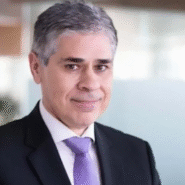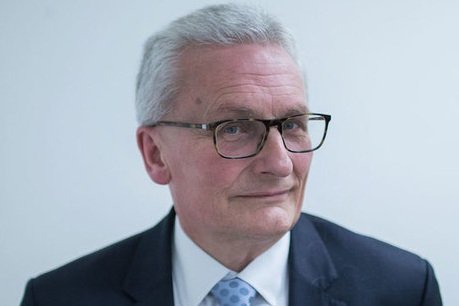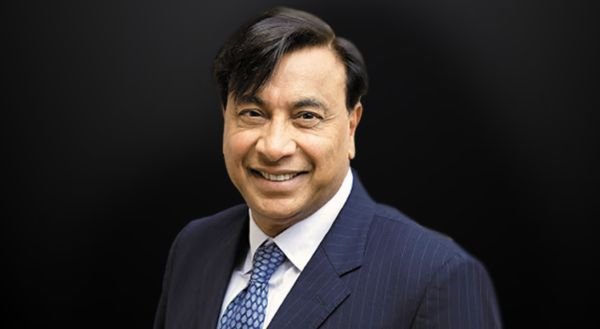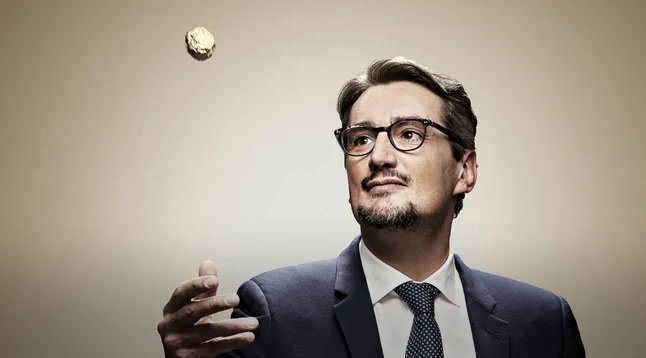Ian Graham King, born on April 24, 1956, is the Chief Executive Officer of BAE Systems, overseeing all commercial operations of one of the world’s largest defense and aerospace companies. His annual base salary in this role is £935,000. In addition to his responsibilities at BAE Systems, he serves as a non-executive director at Rotork plc, a UK-based engineering company.
King’s entry into BAE Systems followed the 1999 merger between Marconi Electronic Systems and British Aerospace, which formed the current corporation. He transitioned from Marconi to BAE, bringing with him deep operational and financial experience. Prior to the merger, King had served as CEO of Alenia Marconi Systems, a joint venture between Marconi and the Italian firm Finmeccanica. He had also held the roles of Chief Financial Officer and Deputy Managing Director of Marconi Electronic Systems and had board responsibilities as a non-executive director at Canadian Marconi Company.
Upon the creation of BAE Systems in November 1999, King was appointed Group Strategy and Planning Director, a role that placed him at the core of shaping the strategic direction of the newly merged entity. In December 2000, he became Managing Director of BAE Systems Solutions, further deepening his influence within the company’s operational framework.
His ascent continued when, in November 2006, BAE Systems announced King would become Chief Operating Officer effective January 1, 2007. The Financial Times noted that this appointment was aimed in part at strengthening relations with the UK Ministry of Defence, a key institutional partner. These relations had already seen marked improvement since 2003, following efforts by BAE Systems to recalibrate its government engagement strategy. King succeeded previous co-COOs Chris Mogford and Steve Geoghegan in a context described by The Independent as a “succession battle” to determine the next CEO after Michael Turner.
On October 15, 2007, BAE Systems confirmed that CEO Mike Turner would step down in 2008. Although King was widely recognized as a leading internal candidate to succeed him, speculation in the press indicated that BAE’s board was also considering appointing a U.S.-based executive. This reflected the company’s increasing focus on the U.S. defense market and a possible strategic distancing from lingering corruption allegations related to the al-Yamamah arms contracts.
Despite such considerations, King’s career path within BAE, marked by steady progression through both strategic and operational leadership, positioned him as a continuity candidate with extensive experience across the company’s European and international operations. His tenure has been characterized by efforts to enhance corporate governance, deepen defense partnerships, and sustain the company’s competitiveness in a global market increasingly shaped by political dynamics and security demands.







